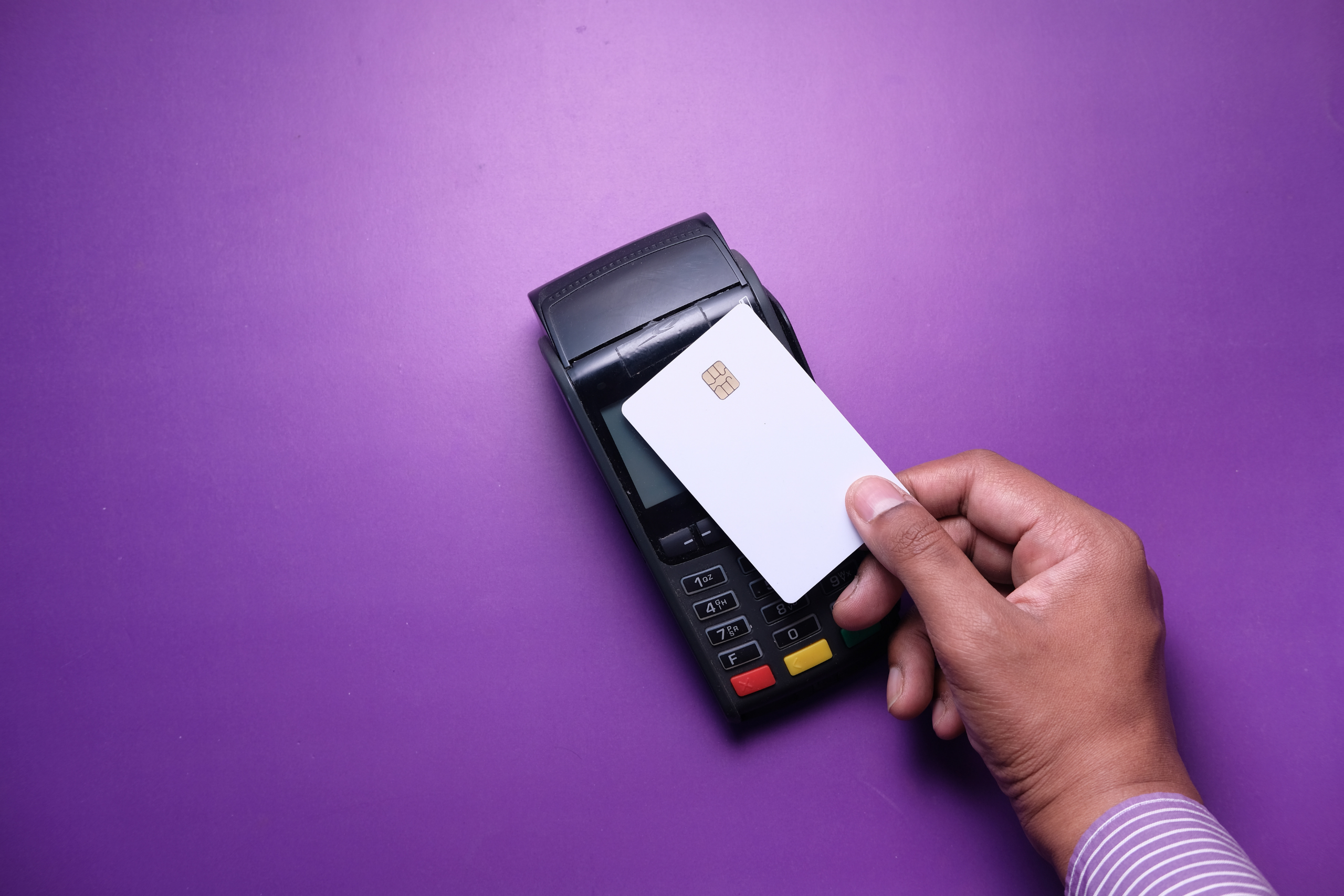
Is Your Payment Gateway Secure? Five Ways to Tell
More people now prefer to shop online not only because of the pandemic but also because of the convenience that it brings. With most consumers living fast-paced lifestyles, anything that saves time is definitely welcome in anyone’s system.
As a merchant, this huge appetite for online shopping means that you have more opportunities to earn more. But you also have a very important responsibility to make sure that your payment gateway is secure enough to protect your customers and your own data. Here are five ways to tell if you’re doing that.
PCI Compliance
PCI is a non-negotiable when you’re processing payments through your website. This set of rules is provided by the Payment Card Industry Data Security Standards (PCI DSS) to help merchants secure their payment gateways for the protection of their customers.
Now, if you know nothing about being PCI-compliant, you just need to choose a good payment gateway provider that’s at least PCI level 1 compliant and you’re good to go. Otherwise, you risk paying PCI non-compliance fees.
SSL
The Secure Sockets Layer (SSL) protocol is one of the best ways to make sure that your payment gateway is secure. In fact, it’s one of the things that smart shoppers look for when choosing the right website to buy products from.
SSL is actually a system that encrypts the information provided on your website to make sure that hackers won’t gain access to them. If you see a padlock icon with an HTTPS address on your URL bar, then your website is SSL protected.
3D Secure
If basic security features are not enough, the payment industry predicts that more businesses will utilize 3D Secure to provide an additional layer of security against fraud in both credit and debit card transactions. This tool creates a secure password for a consumer’s credit card to ensure that every transaction is legitimate.
Tokenization
There are times when basic security protocols can still be hacked by the most notorious scammers online. To ensure that no data is stolen, you should make sure that they don’t go through your servers. Tokenization is a process where credit card information is replaced with randomly generated character strings to reduce the risk of a data breach in case your network gets hacked.
The system also creates a unique number for that data on your network so that the customer wouldn’t have to provide the same information all over again when making future transactions. He just needs to provide that number in lieu of his credit card data.
Fraud Prevention Tools
Finally, one of the best signs of a secured payment gateway is the presence of anti-fraud tools, which should come with your payment gateway plan. These should include data encryption, PCI level 1, fraud support, and extra protection for sensitive data.
Of course, your customers should also be extra cautious and responsible when making purchases online. Plus as a high-risk merchant, it would be smart to choose the right payment gateway provider to help you ensure that your customers’ data are always protected.
As a trusted credit card processor, we advise our clients regarding matters related to merchant services, including fraud prevention through secure payment gateways.
Joyce Hope is a writer who specializes in merchant accounts. She has worked for First Card Payments since 2017.
No Comments
Sorry, the comment form is closed at this time.


